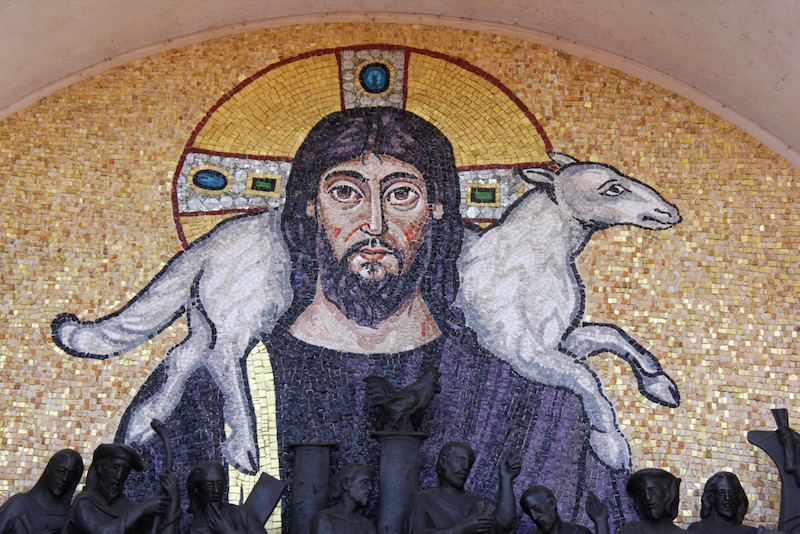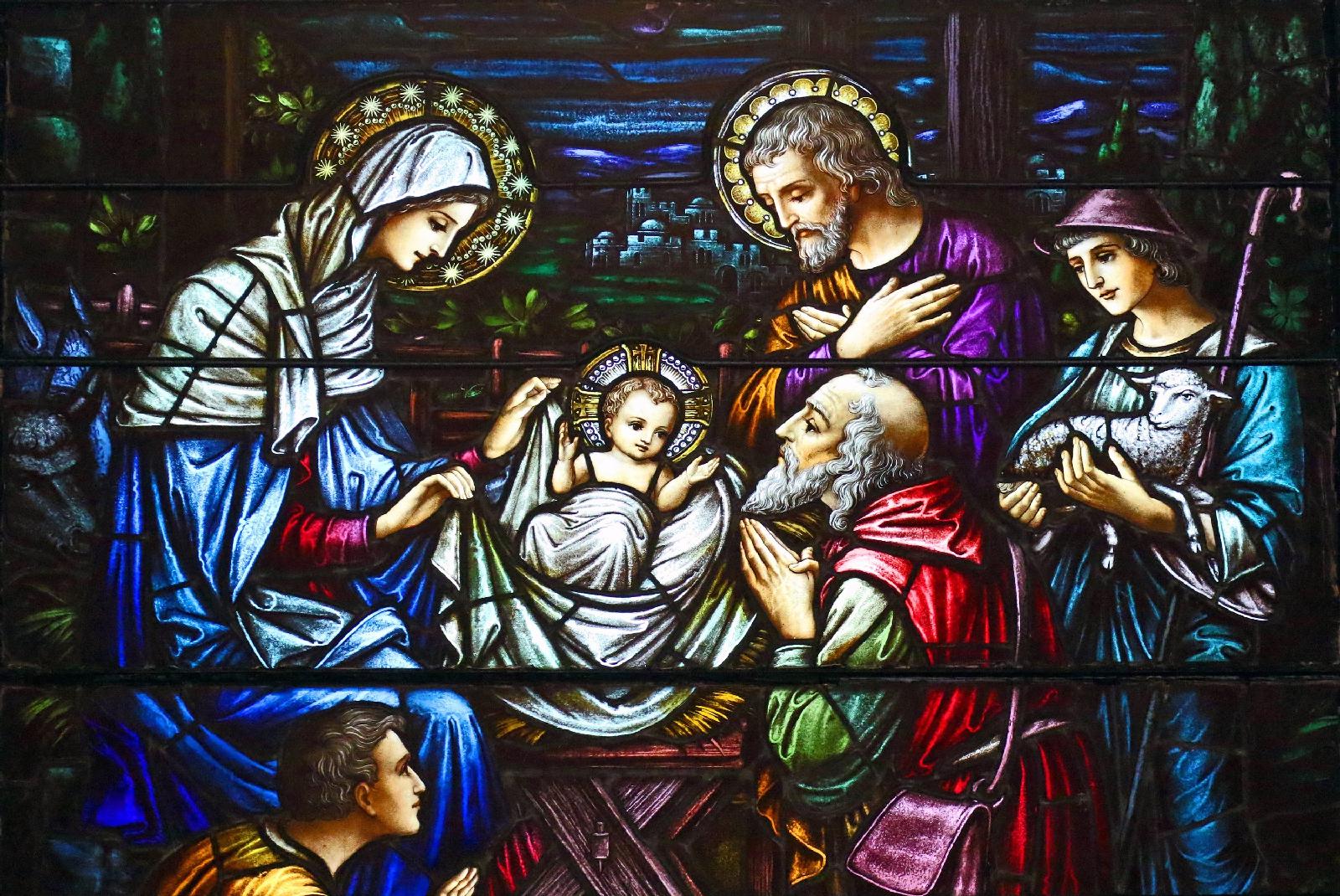The context of this passage in John’s gospel is all-important for understanding its significance. It’s sandwiched between Judas’s betrayal and Peter’s denial. Judas has just left to set in motion the events that will culminate in Jesus’ judicial execution. John marks the moment with these portentous words: “It was night”.
They convey both the darkness of the deed Judas is about to commit and the darkness of the world that can produce such a deed. And in Peter’s denial, we’re starkly confronted with our own darkness and our helplessness in the face of it. Only God himself can overcome the darkness. In-between Judas’s perfidy and Peter’s cowardice, John places what Jesus himself calls his ‘new commandment’: “Love one another, as I have loved you.”
The implications are clear: first, the darkness of this world will be definitively dispelled only by Jesus’ perfect, selfless love; secondly, that to love as he loves, is not just to imitate his love, but to love with his love, through sharing his life. And lastly, everything hangs on his ‘new commandment’. Jesus, here and elsewhere, is unequivocal that love of this kind is both the only authentic, non-negotiable measure of our identity with him and the only non-negotiable criterion by which we will be judged.
The unnerving Sheep and Goats judgment scene at the end of Matthew’s gospel graphically makes precisely the same point: have our lives been characterised, shaped and guided by compassionate, selfless love or have they not? To love as Christ loves us, however, isn’t so much something we ourselves ‘do’, as something in which we participate: a grace we receive and share.
To fulfil the new commandment is to love with his love, which can happen only if we share his life. And it is only in fulfilling his new commandment to love as he has loved us, that we find our authentic self, and thereby find life. How could it be otherwise? We were created by love and for love; by God and for God, in other words.
Our origin and goal, our beginning and end, is God, who is Love Itself. Love, of course, can only be given and received freely, not bought, begged, bartered, or earned; and certainly not forced on or out of us. Equally, to love as Christ loves us is, by definition, to love without bounds.
The more we genuinely love one person, the more, that is, the good of another becomes our own good, the easier it is to act for the good of all, even those who wish us harm. We love all in God and God in all or we don’t love at all. I can’t love God and, at the same time, harbour in my heart hatred for anyone.
If I hate just one person, I cannot be said to love God. The great St Augustine could say, without any ambivalence or ambiguity, “Love, and then do what you will”. To those of us of a certain age, that might have a dubious ‘60s ring to it, an endorsement, even, of Situation Ethics.
But Augustine was, of course, right. The ‘new’ commandment – “Love one another as I have loved you” – is not just another commandment or law. It supplants every commandment and all laws because it brings to perfection and fruition God’s image and likeness in which we have been made. To love with Christ’s love is to live with his life, his risen life. It is to experience, even now, the life that has no end.



 Loading ...
Loading ...
What do you think?
You can post as a subscriber user ...
User comments (0)